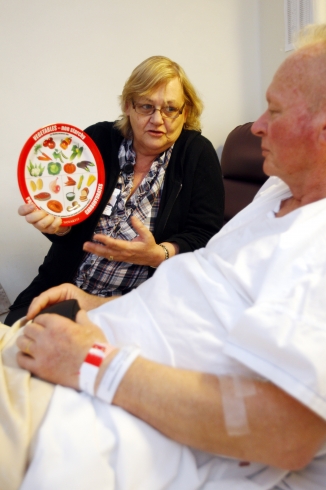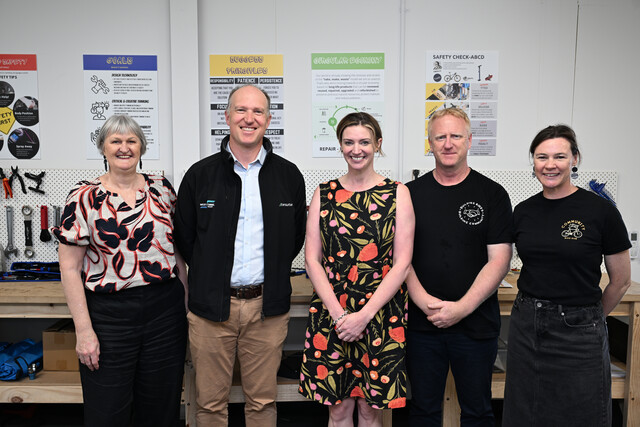HEALTH experts are divided over whether fast-food labelling is the answer to the western suburbs’ diabetes epidemic.
Western suburbs Labor MP Wade Noonan has called on the state government to implement mandatory nutritional food labelling on all fast-food products.
Mr Noonan told Parliament that while many outlets had adopted kilojoule labelling, the information remained unclear.
“How can anyone tell what is a healthy kilojoule intake if there is no information available for consumers to benchmark against?
“Victoria needs legislation like that in NSW. Businesses in NSW, such as major fast food, bakery, coffee and doughnut chains with 20 or more stores, are required to clearly and legibly place the kilojoule content on their menu boards and prominently feature the average adult daily intake of 8700 kilojoules.”
Diabetes is the fastest-growing chronic illness in Australia, with numbers predicted to more than double to 3.5 million in the next 20 years.
Diabetes Australia-Victoria estimates diabetes already costs the nation more than $6 billion a year. The rate of people with diabetes and heart disease in the western suburbs continues to soar. Diabetes Australia-Victoria figures show 3190 Maribyrnong residents had diabetes last year, up from 1295 in 2001.
In Hobsons Bay, the rate went from 1900 in 2001 to 4824 people last year.
Cheryl Steele, Western Health clinical nurse and diabetes education manager, says the labelling idea is positive in principle, but an awareness campaign is also needed.
“Just having the number of calories on a packet won’t reach people,” she says.
“If this was to be implemented there would need to be education programs teaching people, particularly migrants, the importance of food labelling. Highlighting the amount of fat and how much damage it does to the heart vessels and the rest of the body would be eye-opening.”
Altona resident Ken Millington, who was diagnosed with type 2 diabetes last week, said he hadn’t look at food labelling closely before, but he would now be monitoring his diet.
“I think labelling could not only have the potential to prevent the disease but also be useful for people who already have diabetes and are trying to manage it.”
Cecilia Gomez-Benitez, the head of a culturally and linguistically diverse diabetes prevention program in the west, said migrants often struggled to adapt to a change in lifestyle and diet. “We teach them about food labelling in supermarkets, educate them about Australian food and the importance of having a balanced diet.
“We also host cooking and exercise classes.”







